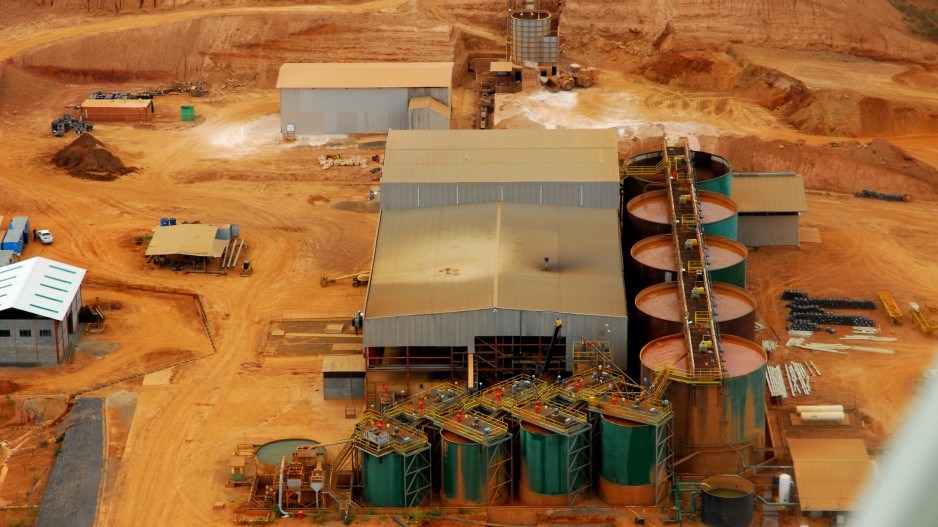High commodity prices and a shaky world economy are intensifying Vancouver mining companies’ clashes with resource nationalism.
Two recent examples include Bolivia’s recent threats to nationalize South American Silver Corp.(TSX:SAC) and Rusoro Mining Ltd.’s(TSX-V:RML) July 18 announcement that it is filing for arbitration after Venezuela nationalized the company’s investments.
A Ernst & Young LLP’s recently releasedglobal survey identified resource nationalism as the top business threat facing mining companies for the second year running. In 2008, the risk ranked eighth on the survey.
Tom Whelan, leader of Ernst & Young’s national mining and metals practice, said the forces driving the trend aren’t hard to identify.
“Every government treasury around the world is under difficult circumstances, and if you look at [high] commodity prices and some of the earnings of the major mining companies … it’s easy to see why there’s a target,” he told Business in Vancouver.
Whelan said companies can protect their assets against the threat in a number of ways.
“It starts with building transparent relationships with the host government so that they understand the entire value of the project to the host government.”
He noted that companies should emphasize everything from tax dollars to infrastructure developments and jobs that projects bring.
Fred McMahon, the Fraser Institute’s vice-president of international policy research, said mining companies need to engage positively with local communities in a project area.
Beyond playing nice with governments and communities, however, companies are seeking legal mechanisms to protect their projects.
Chris Baldwin, a partner with Lawson Lundell LLP, noted that resource nationalism can span everything from tax increases to outright seizure of company assets. He said the key legal protection companies can obtain from a host government is a stability agreement.
Baldwin said the agreement should stipulate that disputes will be arbitrated outside the host country under international rules.
He added that the investment should be structured to ensure any arbitral award can be enforced against the host government under a bilateral or multilateral treaty.
“I know some people will say that a company risks offending the local government by requesting a stability agreement,” he said. “But I believe it is prudent.”




